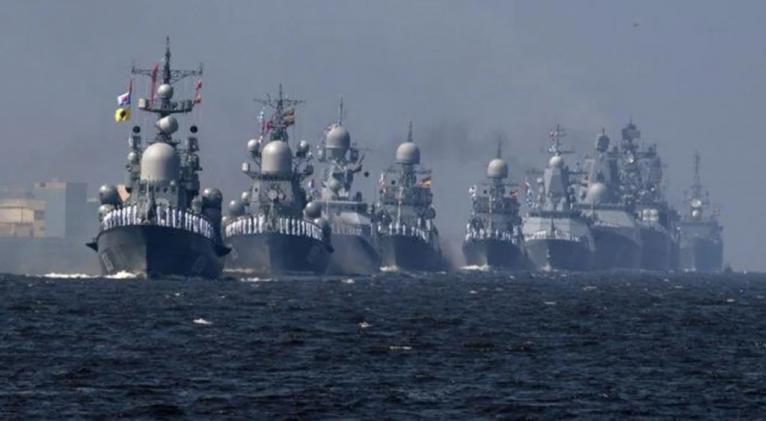Russian Navy Launches Baltic Sea Drills Amid Rising NATO Tensions
especiales

During the drills, live-fire exercises will target enemy sea and air threats, including unmanned surface drones.
On Tuesday, the Russian Navy began naval exercises in the Baltic Sea involving more than 20 ships, about 3,000 troops, nearly 25 aircraft and helicopters, and around 70 pieces of military equipment. Among the vessels taking part are frigates, corvettes, tankers, tugboats and a variety of support ships.
The Navy said that vessels from the Baltic and Northern Fleets, based in the Kaliningrad exclave and in St. Petersburg, respectively, are participating. Forces from the Moscow and Leningrad military districts, along with the Aerospace Forces, have also been mobilized.
During the drills, live-fire exercises will target enemy sea and air threats, including unmanned surface drones. Images released by the Baltic Fleet show ships, bombers and fighter jets navigating the sea, which has become a scene of heightened tensions in recent weeks between Russia and NATO countries.
On Monday, Kremlin adviser Nikolai Patrushev accused the West of “creating military tension in the Baltic” and planning to block the passage of Russian vessels through international straits. Patrushev said Estonian authorities are attempting to stop ships headed to Russian ports under the pretext of protecting critical underwater infrastructure, including the exclusive economic zone, and safeguarding environmental security.
Two weeks ago, the Estonian Navy attempted to stop a flagless oil tanker it described as part of Russia’s “shadow fleet” used to evade Western sanctions. The tanker did not comply, and a Russian fighter jet appeared to escort it, violating Estonian airspace.
Following the incident, a Greek-owned, Liberia-flagged tanker that had departed from Estonia’s port of Sillamäe was detained in Russian waters in the Baltic Sea and only allowed to resume its journey to Rotterdam the next day.
Last week, the Kremlin stated that Russia will defend the navigation of its vessels “by all means at its disposal.” Meanwhile, Polish Prime Minister Donald Tusk warned that the Baltic region could become a “scene of confrontation” between NATO allies and Russia.
Speaking to the press from the Maritime Operations Center in Gdynia, Tusk commented on an incident involving a Polish Navy ship that detected a Russian vessel “carrying out suspicious maneuvers” near a section of the Baltic Sea where a submarine cable “crucial to Poland” runs.














Add new comment